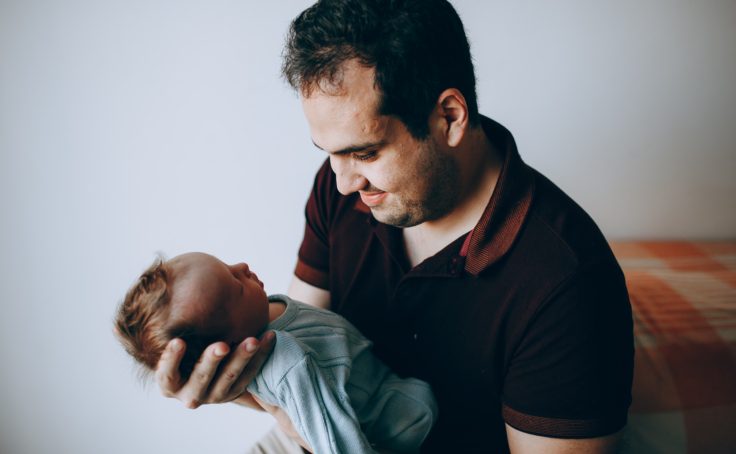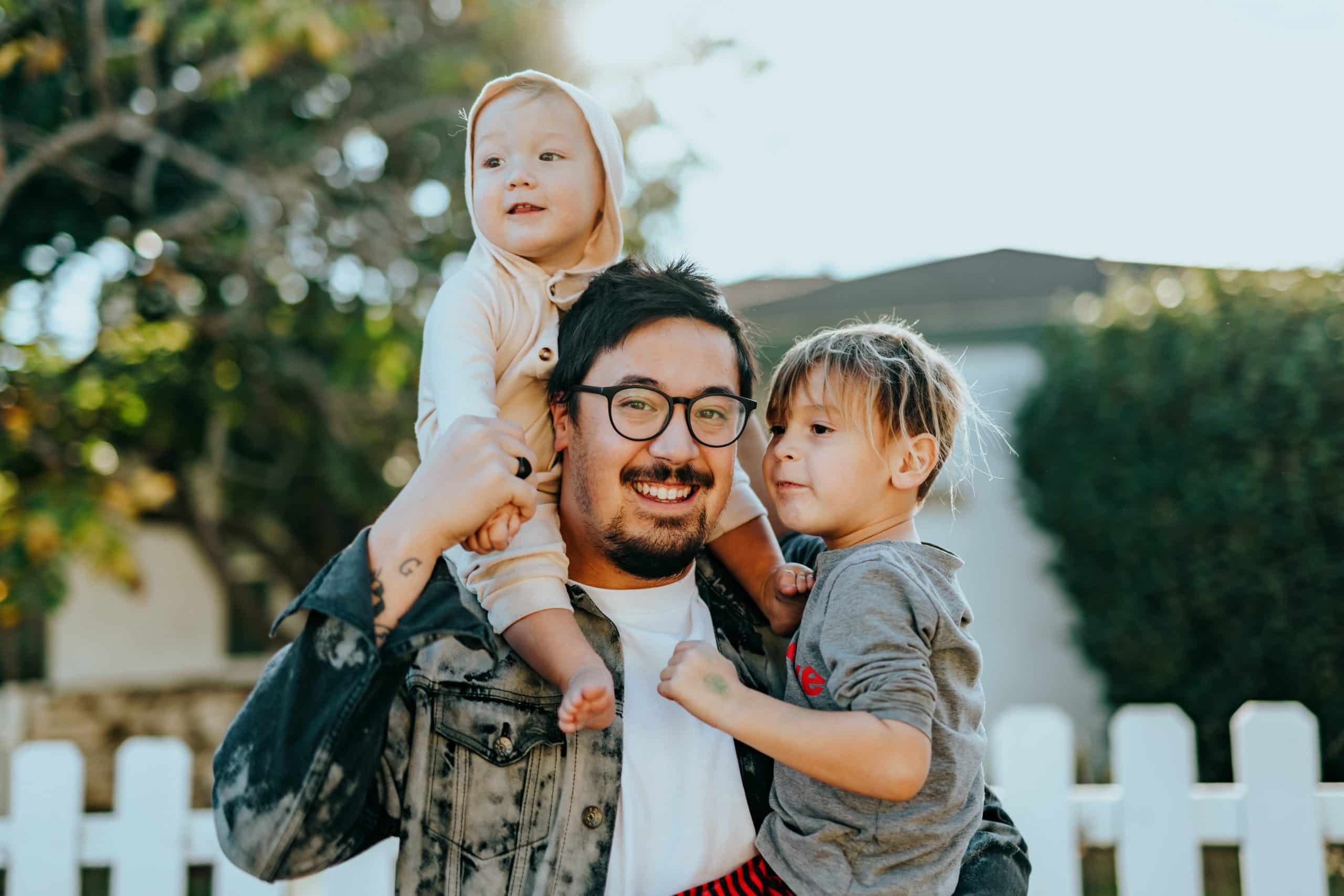How does supporting bilingual families contribute to positive Infant and Early Childhood Mental Health?


Rocio has worked with vulnerable populations for over twenty years and almost a decade providing mental health services to young at-risk mothers and very young children. She obtained her Bachelor of Arts Degree in Sociology and Master of Social Work Degree from California State University, Los Angeles. She also earned a Certificate in Applied Gerontology from California State University, Los Angeles Edward R. Roybal Institute. She’s a graduate from the UC Davis-Napa Infant-Parent Mental Health Fellowship Program and is endorsed as an Infant-Family Early Childhood Mental Health Specialist with the State of California. She is also a Reiki Master trained in first and second degree Reiki. Her passion is integrating neuroscience with non-traditional and spiritual practices into clinical work.

Verónica is a bilingual/bicultural licensed clinical psychologist and birth-to-five subject matter expert with Los Angeles County Department of Mental Health Prevention Services Division’s Family and Community Partnerships Unit. As a first-generation Mexican American, Verónica has first-hand experience with the unique challenges and systemic barriers facing BIPOC families seeking culturally informed and developmentally appropriate services. These experiences have shaped her passion for advocating for quality, relationship-based and trauma-informed services for young children and their families.
As Infant Early Childhood Mental Health and Early Childhood Education providers we have come a long way in terms of adequately addressing the social, emotional and educational needs of families, including immigrant families, but this has not always been the case. At least for me it was not.
Entering kindergarten in the mid 1970’s as a child of monolingual Spanish-speaking Mexican immigrant parents, the educational system felt anything but supportive. I remember attending an orientation meeting of some sort with my mother and asking her what the staff were saying, to which she replied, “I don’t know.” I was terrified knowing I had to navigate an unknown environment away from my mom without speaking the predominant language.
I didn’t know what it was called at the time, but I soon developed separation anxiety. I would run out of the classroom every chance I had, hoping to catch my mom before she left the school grounds. I didn’t feel safe or understood and this interfered with my ability to learn and socialize with my peers. My parents were supportive enough, but I don’t remember receiving any formal emotional support from the school. Feeling like an eternity, I eventually acclimated and adapted to school and to the bilingual program I was enrolled in.
I was also fortunate in that I had enough protective factors to help sustain me through these pivotal years but many children we work with these days have few protective factors and face far more adversity.
Rocio Ortiz Luevano
My experience and my work as an IECMH provider now centers around supporting the mental health needs of very young children as well as educating and supporting mothers, particularly those of immigrant communities. I recognize and appreciate how critical it is to support the emotional lives of young children within the social and cultural context sustaining them in order for them to thrive and succeed in all areas.
While every client and family that I have worked with has meaning and is important, I can honestly say that I remember every single Spanish speaking client and family I have worked with. And as I sit here and think why that would be, I think back to when my mom and I used to go to medical or dental appointments where no one spoke our language, and I know that I have been fortunate enough to give a Spanish-speaking family a different and hopefully more comforting experience than what I had growing up. My work in infant and early childhood mental health has been richer because of my ability to speak Spanish with my Spanish-speaking families.
Trauma work is hard, and it is that much harder when individuals are not able to process that trauma in their native language, in their language of comfort.
Verónica Chávez
Over the past decade I’ve worked with many families, some of them whom have extensive histories of trauma that has long gone unprocessed because the family couldn’t find a provider that spoke their language and understood their culture and customs. Being able to provide services for Spanish-speaking people, to create a safe space and listen and speak their language and also journey with them through their trauma, is more than I could have asked for and a privilege. This experience is something that I never fully considered when I set out to join the mental health field.
Read more about how Verónica’s heritage informs her work in her Open Letter.
We offer hundreds of resources for parents and professionals in Spanish.


